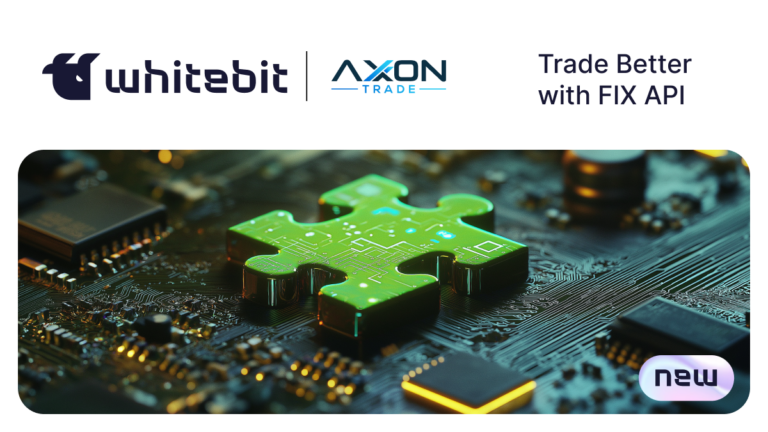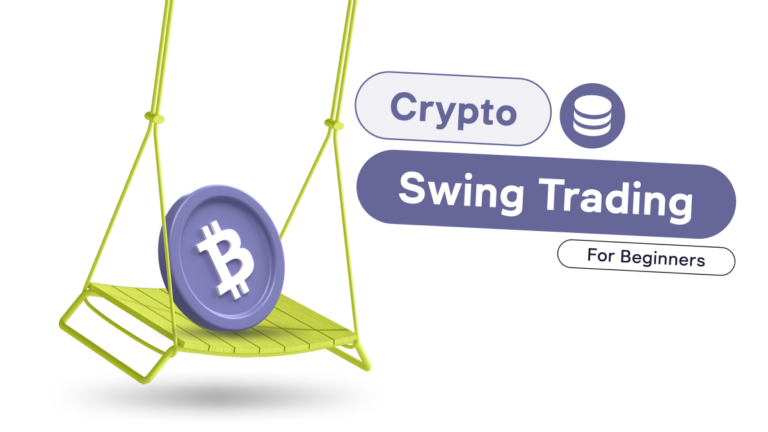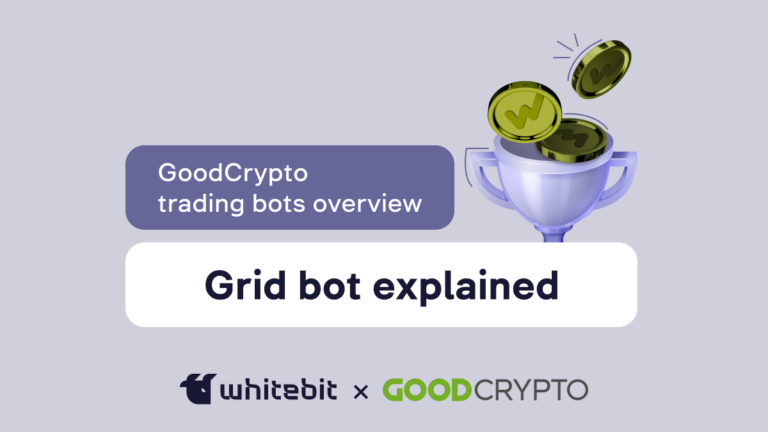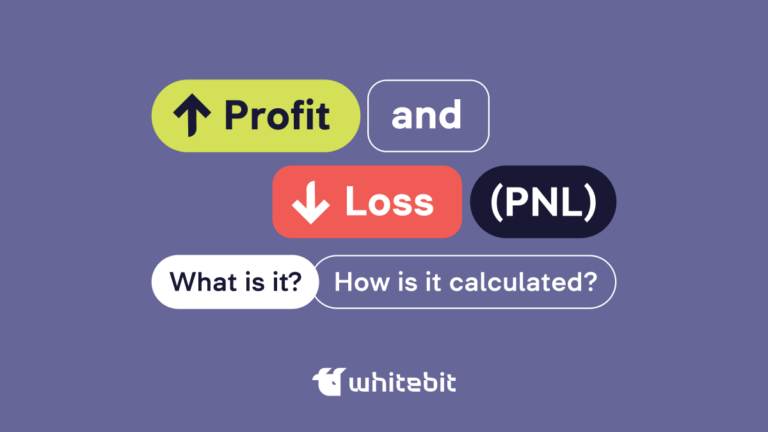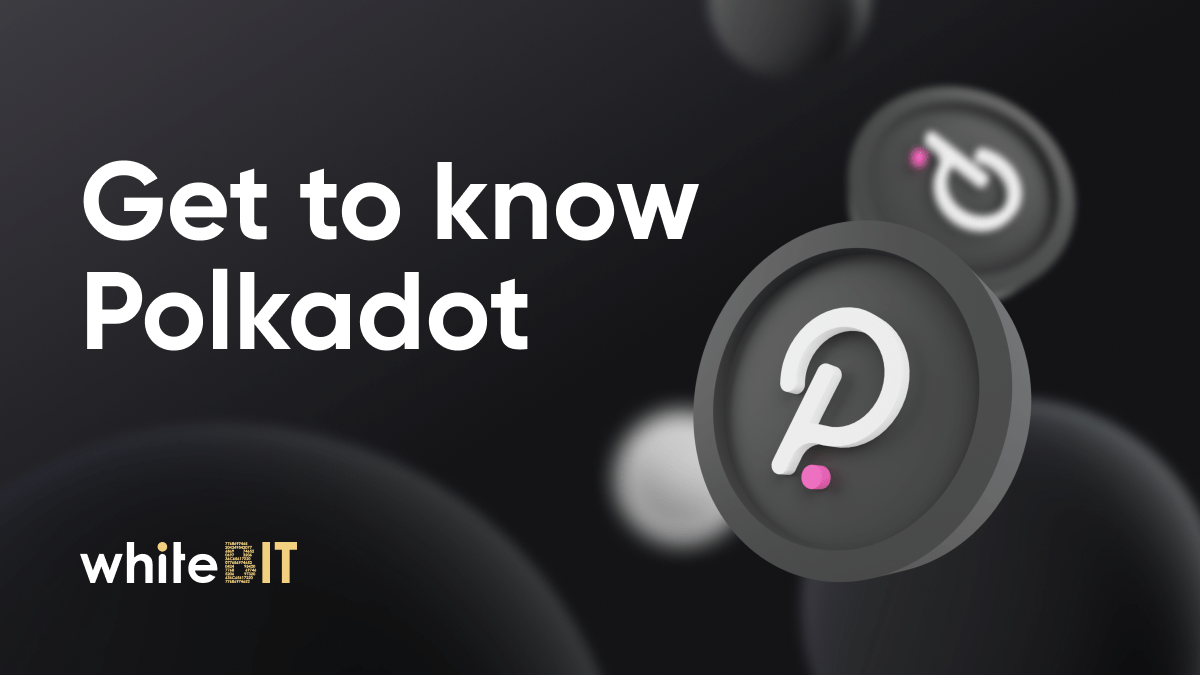Futures Trading on WhiteBIT
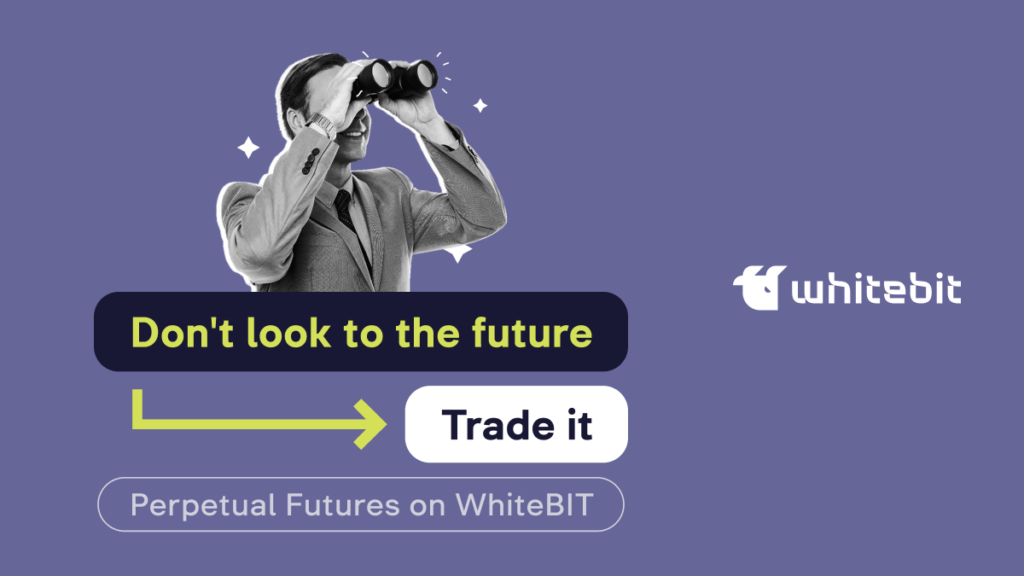
Content
Crypto platform WhiteBIT tries to provide traders with comfortable conditions and all the necessary trading tools. One of these tools is perpetual futures contracts, thanks to which you can earn both when the market rises and falls.
Suppose you’re interested in learning more about margin trading. In that case, you should read an article on the subject better to understand the market and the potential risks and rewards.
What is futures trading?
Futures contracts or Futures are derivative financial instruments, contracts to buy or sell an asset in the future at a predetermined price. As with margin trading, stocks, commodities, and cryptocurrencies can act as assets. At the expiration date, the parties must fulfill their obligations regardless of the market price of the purchase at that moment.
Futures are one of the most popular trading tools in the world. The first contracts for digital assets appeared in December 2017 on the Chicago Mercantile Exchange (CME Group). This allowed traders to open Bitcoin (BTC) short positions. BTC contracts have become the most popular instrument among traders, noticeable in daily trading volumes. They are several times higher than spot trading volumes.
Unlike spot and margin trading, when trading futures, a person, not being a direct holder of an asset, can open long or short positions. The essence of futures is to speculate on the price of an asset without owning it.
By trading derivative financial instruments, you can secure yourself if the price of an asset falls and protect your portfolio from high market volatility. For example, miners use the tool by selling futures for the number of available assets if the price of mining becomes unprofitable.
Each contract contains the following information:
- Name, ticker, size, and contract type;
- Expiration date (not applicable to perpetual contracts);
- The underlying asset determines the value;
- Leverage;
- Settlement currency.
How do futures work?
There are standard and perpetual futures. Standard are the ones with a set execution date. They divided into two groups:
The first group implies the delivery of goods at a specified time and a fixed price. This contract is focused on the delivery date with a price fixation. If the seller doesn’t provide the goods to the buyer at the expiration date, the exchange should pose a “fine” to the seller.
For example,
A trader bought a futures contract for 200 shares of company X. The share price is $100 per share on the expiration date. On the execution day, the futures are debited from the trader’s account, and 200 shares of $100 each are credited.
The second group implies a simple settlement without the delivery of the underlying asset. In this case, the exchange or a broker will simply calculate the difference between the contract’s purchase price and its strike price at the expiration date.
For example,
A trader bought a futures contract for 1 BTC at $10 000 for one month. A month later, the asset’s price rose to $12 000. When the agreement is executed, he will receive a benefit of $2,000. If the price drops to $8,000 in a month, the trader will lose $2,000.
Both perpetual and standard futures are widespread in the crypto asset sphere.


